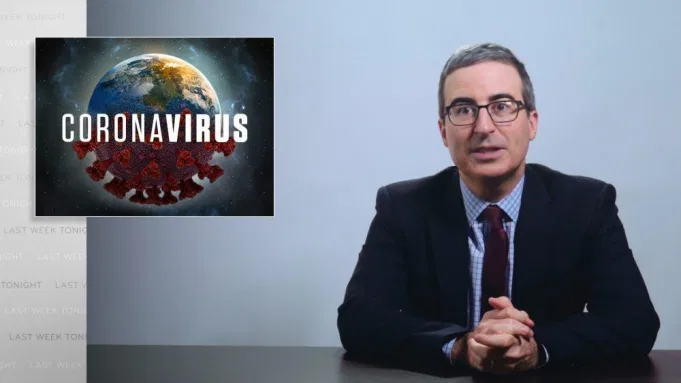The other day, I watched an episode of Celebrity Show-Off. It seemed a bit highbrow, so I caught a bit of Netflix’s Floor is Lava. Summer TV has historically meant lighter, more loosely-produced fare, but here in 2020 I think we’ve seen a level of looseness and experimentation that we haven’t seen since the 1950s.
And my friends, that may not be a bad thing.
TV and movies, the way we did them before, vanished instantly
Not that long ago, we were in an age of prestige television and films. The final season of Game of Thrones cost about $90 million to make. That is a number that would have been considered expensive for a feature film a decade ago. Not now, though. Avengers: Endgame, the third-most expensive film ever made (accounting for inflation) cost a whopping $356 million to make.
Of course back in 2019 few worried about the high costs. The economy was humming, and profits for these high-profile productions were all but guaranteed. Producers poured money into expensive special effects and high dollar actors knowing that it wouldn’t be a problem.
And then, 2020.
Yes, 2020.
2020 is the year that movie theaters simply stopped. It may yet be the worst year for theater ticket sales ever, adjusting for inflation. Many high-dollar tentpoles shifted their premieres to the fall or to next year. Others went to high-priced pay-per-view while a few simply premiered on streaming for free.
In the meantime, those TV shows that weren’t done shooting by the first week of March went on hold. Some lucky productions were already done for the summer. Some just needed special effects added, which was shifted to home-based editors. And, some just went away.
What’s left? Innovative producers came up with a solution. Using consumer-grade cameras (often just phones) and a lot of editing, they produced a lot of shows from safe isolation. Late-night talk led the way, followed by slightly tweaked versions of reality shows. This summer, HGTV premiered a whole new slate of shows where the designers never set foot in the homes they’re designing.
And you know what, the difference isn’t as much as you’d think.
HBO’s Last Week Tonight with John Oliver now shoots somewhere in Mr. Oliver’s apartment, with a blank grey-blue wall behind him. The audio is a little worse but the writing is absolutely on point. ABC’s Who Wants to Be a Millionaire sat three people in a largely empty studio. Reality competition shows got produced remotely, too. It just feels normal. In fact it’s getting to the point where looking at a full audience in the studio doesn’t seem quite right anymore, as if we are looking at a window into an age gone by.
It seems to me that TV executives are beginning to realize that they don’t need to spend as much as they once thought to produce quality programming. They can do it with skeleton crews and less expensive equipment. Is that such a bad thing?
Looking forward to 2021
I suspect we’ll see movies produced much the same way. For two decades, we’ve seen inexpensively produced films alongside more expensive ones. Now, it may be time to realize that the day of the blockbuster is simply over. It ended not with a bang — the genre already had too many — but with a meow, the sound of Cats, the last big-budget misfire of 2019. The future may belong to smaller productions that can be done safely. Even when we all feel good about getting back together in groups, the behavior may stick and those big productions may just be a thing of the past.
I feel bad for the hundreds of people who typically populate TV and movie sets. The person who holds the reflector, the “craft services” people, the endless array of production assistants and even the accountants who find ways to pay for all the extra girth in these productions. These are folks who earned an honest living from the TV and movie business, and it’s possible that they’re just not needed as much as they thought.
Because at the end of the day…
the real lesson is that good writing and good stories succeed whether the budgets are big or small. You don’t need $100 million in special effects to tell a good story, you just need a good story. I’ll agree that Avengers: Endgame wouldn’t have been as good if the special effects were horrible, but it wasn’t the dust that tugged at your heartstrings. It was Robert Downey Jr.’s performance. And that’s as it should be.
It’s possible we’ll never see a return to big-budget TV and movies. But that’s ok. Small stories can be just as compelling. Who would have guessed that a self-proclaimed “Tiger King” would be just as interesting to us as any CGI spectacle? Who would have imagined the level of inventiveness from Samantha Bee, standing in the woods doing her show? Good TV and good movies will continue. It’s just all the sound and the (Nick) fury that may go away for a while. And that’s ok, as Shakespeare said centuries ago, since it signified nothing anyway.




